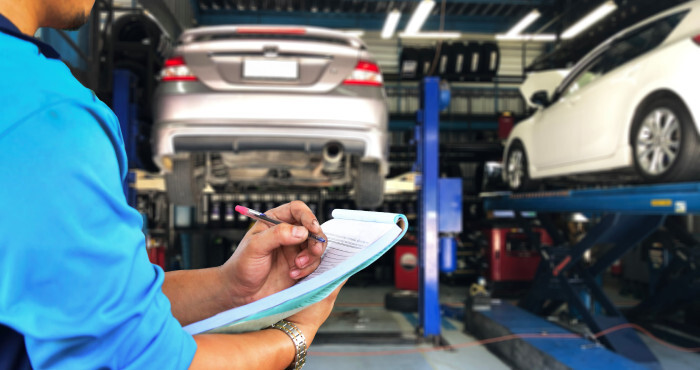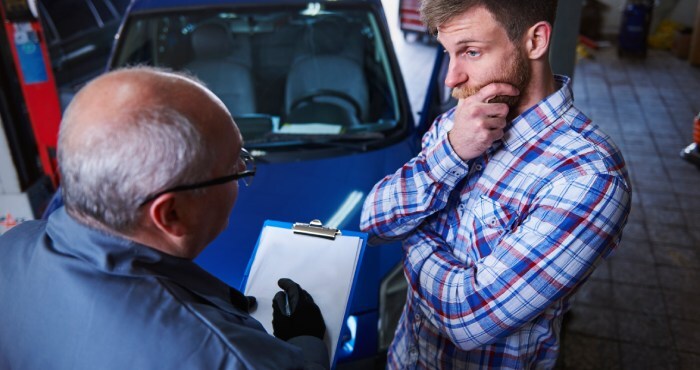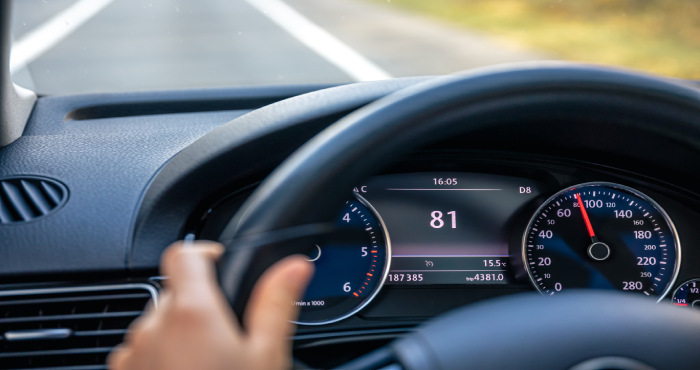When a car starts having consistent issues, many consumers look to Lemon Laws for assistance. These laws are designed to safeguard buyers from cars that are defective and do not meet established quality or performance criteria. However, the situation becomes more complex when the problems with the vehicle are linked to an official recall by the manufacturer. Does such a recall strengthen your Lemon Law claim, or does it create obstacles? The answer varies based on multiple factors, including the type of defect, the manufacturer’s approach to repairs, and the sequence of events.
This article delves into the relationship between vehicle recalls and Lemon Law claims, examining whether they aid or obstruct your efforts to obtain a refund, replacement, or compensation.
Understanding Vehicle Recalls
A vehicle recall takes place when either an automaker or the National Highway Traffic Safety Administration (NHTSA) discovers a defect related to safety or a breach of safety regulations in a particular vehicle model or production batch. Manufacturers are required by law to inform vehicle owners and provide complimentary repairs or solutions.
There are two primary categories of recalls:
- Voluntary recalls that are initiated by the manufacturer.
- Mandatory recalls that are mandated by the NHTSA following an investigation.
Recalls typically arise when there is a significant issue that may endanger vehicle safety, such as problems with brakes, malfunctioning airbags, or steering complications. Although recalls aim to safeguard consumers, they can have complex implications for Lemon Law claims.
Lemon Law Overview
Lemon Laws vary from one state to another, yet they generally share a fundamental concept: if a vehicle — whether new or used and still under warranty — has a major flaw that remains unresolved after a “reasonable number” of repair attempts, the manufacturer could be legally required to either refund the purchase or replace the vehicle. These regulations aim to safeguard consumers from being burdened with faulty vehicles that undermine safety, reliability, or overall worth.
In California, claims related to Lemon Laws fall under the Song-Beverly Consumer Warranty Act. For a claim to be valid, the defect must be included in the manufacturer’s warranty and must significantly impact the vehicle’s usability, value, or safety. Furthermore, the manufacturer should be afforded an adequate opportunity to fix the issue. If repairs fail to resolve the defect, the consumer may have the right to compensation, which can take the form of a buyback, a replacement vehicle, or a monetary settlement.
When a Recall Can Help Your Lemon Law Claim
Recalls can support your Lemon Law claim under certain conditions. Here’s how:
Proof of Widespread Problem
A recall can greatly enhance your Lemon Law case by indicating that the defect is not isolated to your specific vehicle, but rather a widespread, acknowledged problem. When the issue with your car is covered by a recall, it reinforces your grievance, signifies that the manufacturer admits to the defect, and highlights a larger systemic issue — thus bolstering the credibility and strength of your argument.
Proof of Manufacturer Accountability
Should the manufacturer not address a defect related to a recall in a reasonable timeframe, or if the issue continues despite attempts at repair, this can bolster your case for classifying the vehicle as a lemon. The law mandates that an effective solution must be provided swiftly. A failure to do so may indicate negligence or an inability to rectify the problem.
Warranty Period Extension
In certain states, an extended warranty on your vehicle may provide additional time to pursue a Lemon Law claim, even after the manufacturer’s original warranty has expired. This extended coverage allows consumers more opportunity to document recurring defects and build a stronger case under Lemon Law protections.
Recorded Repair Efforts
Recalls usually require service appointments initiated by the dealer. Each visit for repairs can be documented, which is crucial for demonstrating the “reasonable number of repair attempts” necessary under the Lemon Law. The more unsuccessful attempts there are, the more compelling your claim will be.
When a Recall Can Hurt Your Lemon Law Claim
Although recalls might appear advantageous, they can complicate your Lemon Law case. Here’s how:
Free Repair May Limit Options
If the manufacturer effectively addresses the recall issue, it could undermine your Lemon Law claim. The law allows for consumer relief only when a defect continues to exist. Once a manufacturer rectifies a problem through a recall, it is no longer deemed irreparable.
Varying Proof Requirements
Recalls often focus on safety defects, while Lemon Law pertains to significant issues that may affect safety, value, or usability. If your issue is not directly linked to the recall or does not involve safety, a court might find no connection between the recall and your Lemon Law claim. This diminishes your position unless you can demonstrate another substantial defect.
Single Repair Might Reset Your Timeline
In certain areas, a successful recall repair may reset the Lemon Law “clock.” This implies that if the defect reemerges after being fixed, the court might necessitate a new set of repair attempts to establish an ongoing issue. This could prolong your claim and complicate the timeline of your case.
Recall Could Limit Your Claim’s Scope
If your vehicle has several problems but only one is associated with a recall, the manufacturer might contend that your claim relates solely to that recall, dismissing other issues as irrelevant. This could diminish the strength of your case and hinder your chances of receiving full compensation.
What to Do if Your Vehicle Is Recalled and Is Also a Potential Lemon
Step 1: Act Swiftly on Recall Notices
Upon receiving a recall notification, take immediate action. Arrange for repairs with a certified dealer without delay. Failing to address the recall may negatively impact your standing in a Lemon Law dispute, as courts expect consumers to allow manufacturers the chance to rectify defects, particularly those identified in recalls.
Step 2: Maintain Comprehensive Records of Repairs
Keep thorough documentation of all service appointments, work orders, and any correspondence related to the recall and other repairs. Record the duration your vehicle was out of commission and whether the problem was fixed. Having detailed records is crucial for substantiating a Lemon Law claim.
Step 3: Monitor Ongoing Issues
If the repair from the recall does not resolve the original problem or if new issues arise, be sure to document these occurrences. Continuous problems following a recall repair may indicate that the vehicle remains defective under Lemon Law provisions.
Step 4: Seek Advice from a Lemon Law Attorney
Given the complex relationship between recalls and Lemon Law, it’s advisable to consult with a California Lemon Law attorney. A knowledgeable Lemon Law lawyer can:
- Determine whether the recall impacts your case positively or negatively.
- Ensure that the manufacturer adheres to legal requirements.
- Assist you in collecting evidence to support your claim.
- Negotiate a settlement or represent you in arbitration or court proceedings.
Key Legal Considerations
If a vehicle recall occurs, it can bolster your Lemon Law case if the defect continues even after the repair associated with the recall, indicating that the problem is still not fixed. On the other hand, it could complicate matters if the manufacturer contends that the recall solution has rectified the issue. Therefore, having proper documentation and seeking advice from knowledgeable California lemon law lawyers is crucial.
- Time Limit for Claims: In many states, including California, consumers have a four-year period from when they became aware or should have become aware of their vehicle being defective (a “lemon”) to initiate a legal claim. It’s important to note that a recall does not extend this time limit; however, if repairs are attempted multiple times without success — even after a recall fix — this can strengthen your case as long as you file within the designated timeframe.
- Mileage Adjustment in Buyback Situations: When a Lemon Law claim leads to the manufacturer buying back the vehicle, there is generally a deduction based on the mileage accrued before the defect was first noticed. Although a recall does not negate this mileage assessment, it can bolster your argument that the defect was present from an early stage.
- Federal and State Regulations: While recalls are governed by federal law, Lemon Law falls under state jurisdiction. This intersection of laws can lead to misunderstandings. Therefore, having legal representation is crucial; an attorney can effectively navigate both legal systems to safeguard your rights.
Does a recall influence your Lemon Law case positively or negatively? The outcome hinges on factors like timing, the effectiveness of repairs, and your ability to document ongoing issues. In many instances, a recall can bolster your claim by affirming your complaints and indicating a recognized manufacturing defect. However, if the recall effectively resolves the issue, you might lose your chance for a Lemon Law remedy.
The crucial aspect is to remain updated, take swift action, and keep detailed records. If you believe your vehicle qualifies as a lemon — even after a recall — it’s vital to consult with the Best Lemon Law attorney San Diego has to offer. They can assess how the recall affects your circumstances and advise you on the best course of action.







